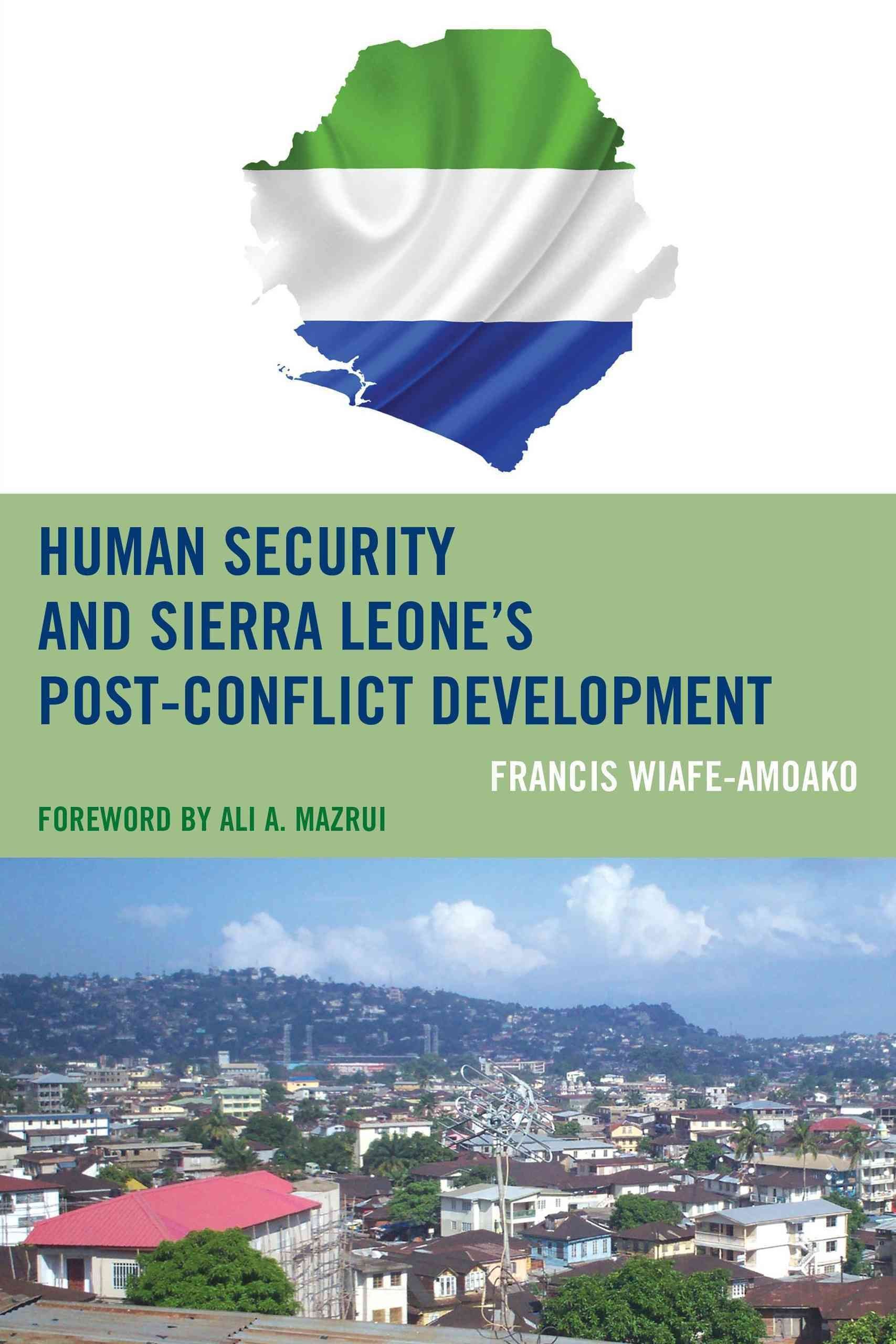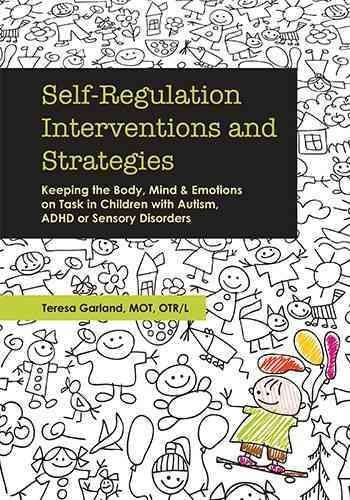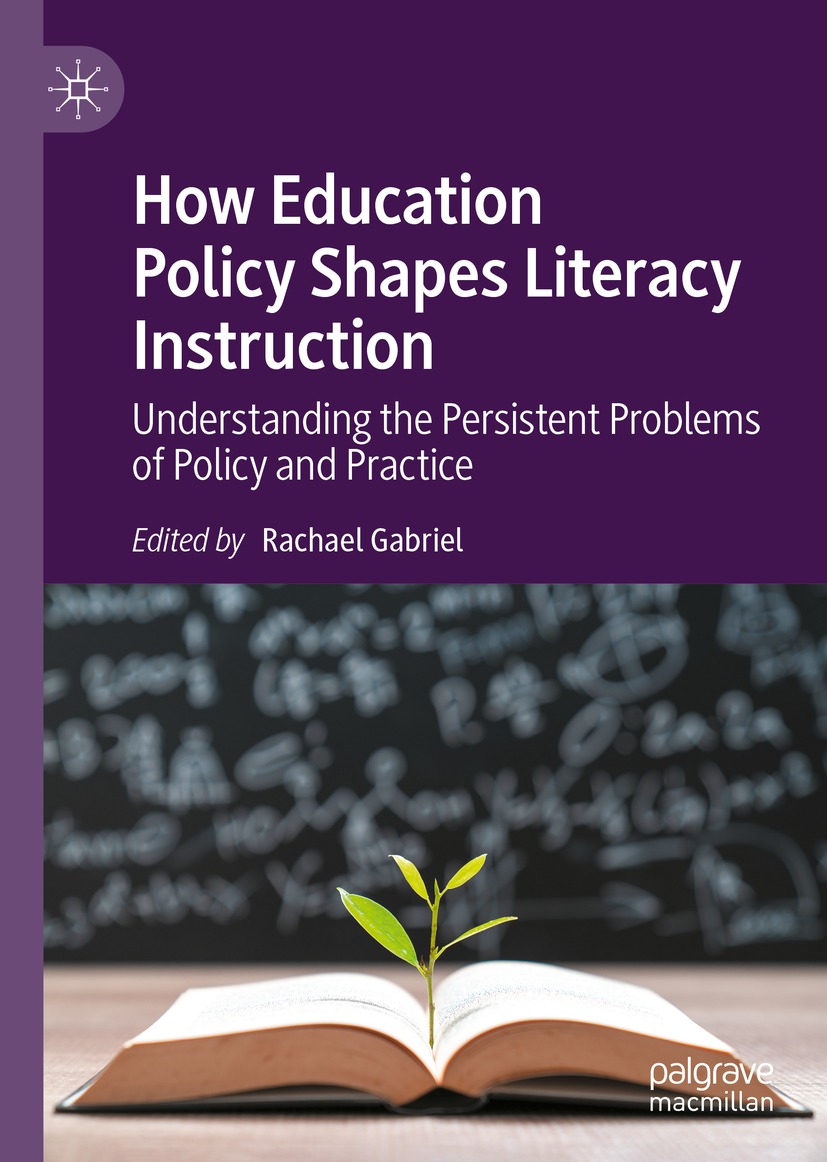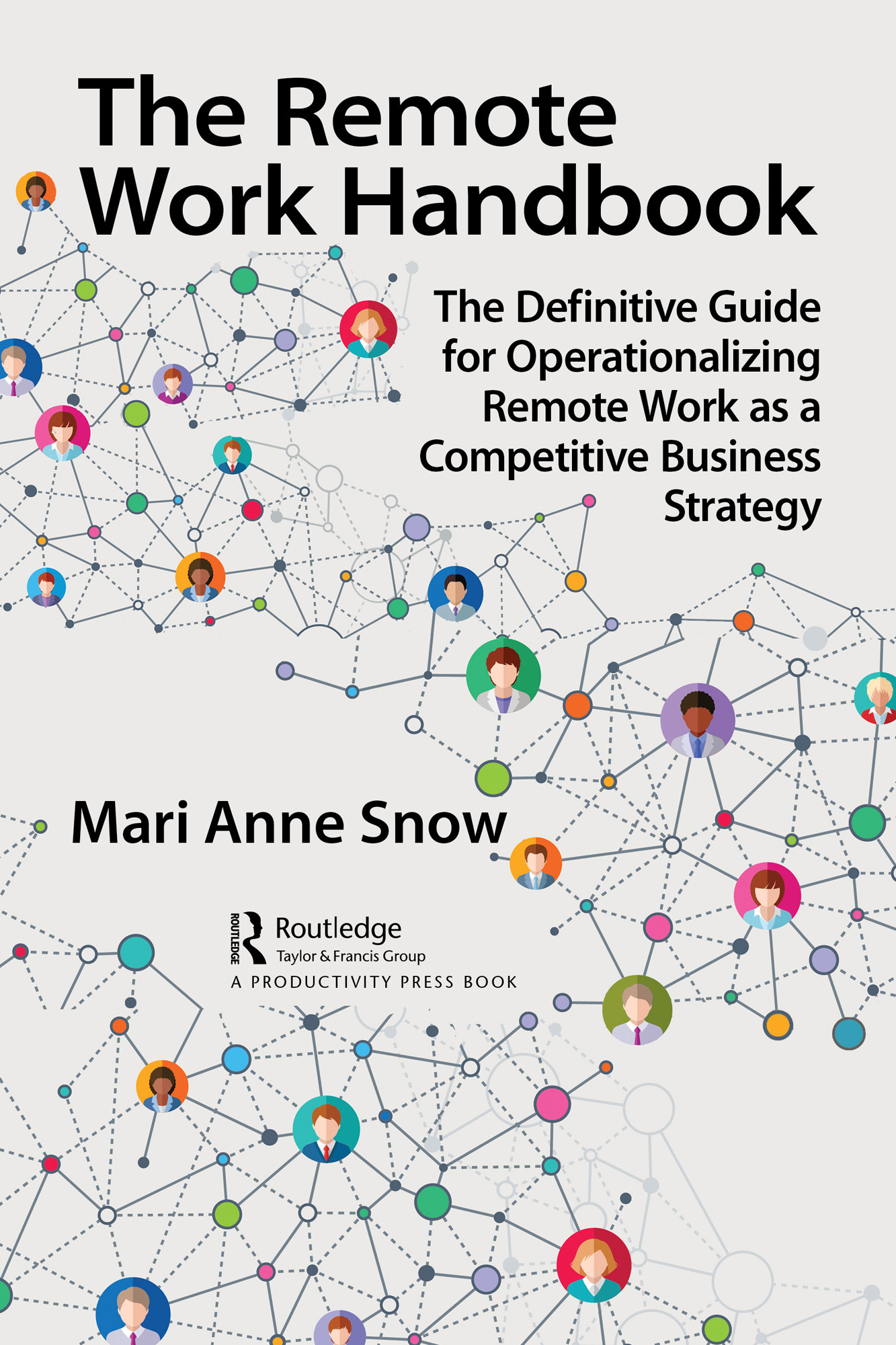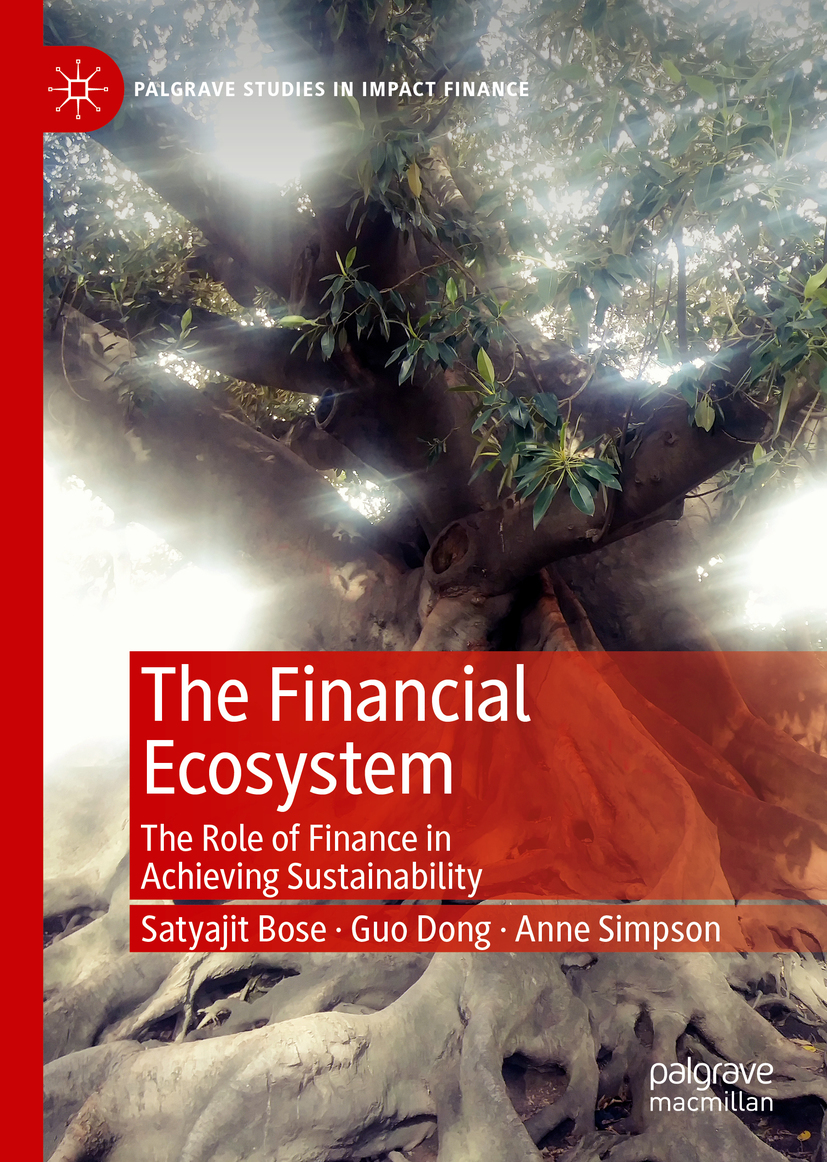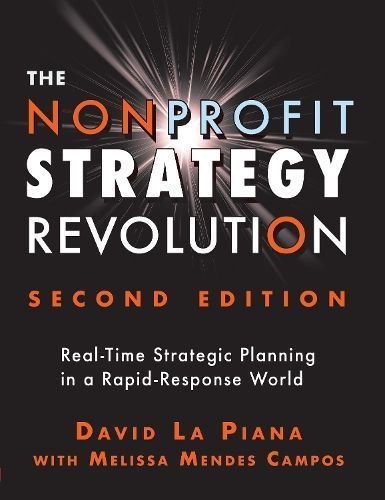Achieving security and development in the post-conflict era is a challenge with which stakeholders have to grapple. While stakeholders are quick to claim success when physical hostilities cease between the belligerents, ensuring sustainable peace has been a daunting task. In some countries in Africa, the post-conflict era is characterized by organizing elections to ensure greater political participation. It is believed that elections will begin a process of openness and trust in the governing system. A supplement to electoral democracy has been power sharing arrangements used to resolve post-election violence, and ensure stability within the state. However, what underlie most conflicts in Africa is the marginalization and lack of an enabling environment to achieve individual life objectives. Policies and strategies to achieve security and enhance development post conflict have, at best, been an extremely slow process and sometimes elusive. In Sierra Leone, for instance, though the official declaration of the end of war and the successful general elections held in 2002, 2007, and 2012 have led to some domestic stability, developmental targets in the post-conflict era have proceeded at a snail’s pace. The country continues to rank at the bottom of most UNDP human development indicators since 2002. Human Security and Sierra Leone’s Post-Conflict Development analyzes the extent to which human security issues have been addressed and subsequently implemented in the post-conflict reconstruction process. While Sierra Leone has made tremendous efforts at implementing reforms in the areas of political sensitization, promotion of civil rights and civil liberties, as well as personal security, the lack on the part of the government to effectively address the unemployment problem has negatively affected security and developmental targets. Thus, the post-conflict management strategies in Sierra Leone fail to secure and promote some aspects of human security, leading to fragi …
